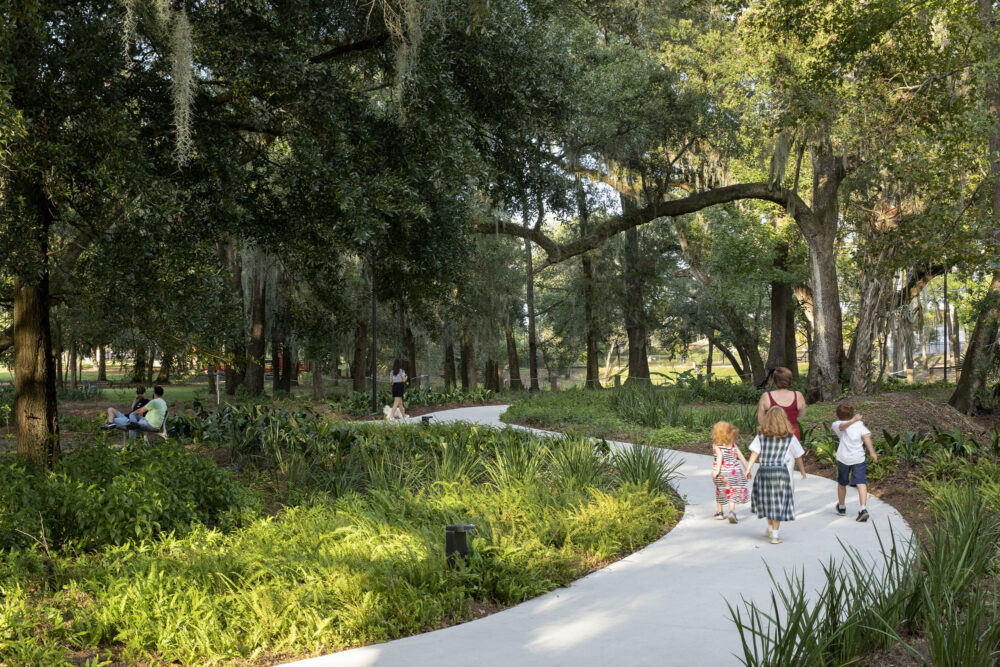
How can a neglected landscape act as a foundation for building stronger, healthier communities?
 Sasaki
Sasaki
Ecology is an essential driver of Sasaki's interdisciplinary practice. Our systematic approach traverses spatial and temporal scales and responds to diverse geographies. Working with our clients and communities, we strive to restore, create, and nurture healthy and regenerative ecosystems that will sustain the well-being of all residents of the planet.

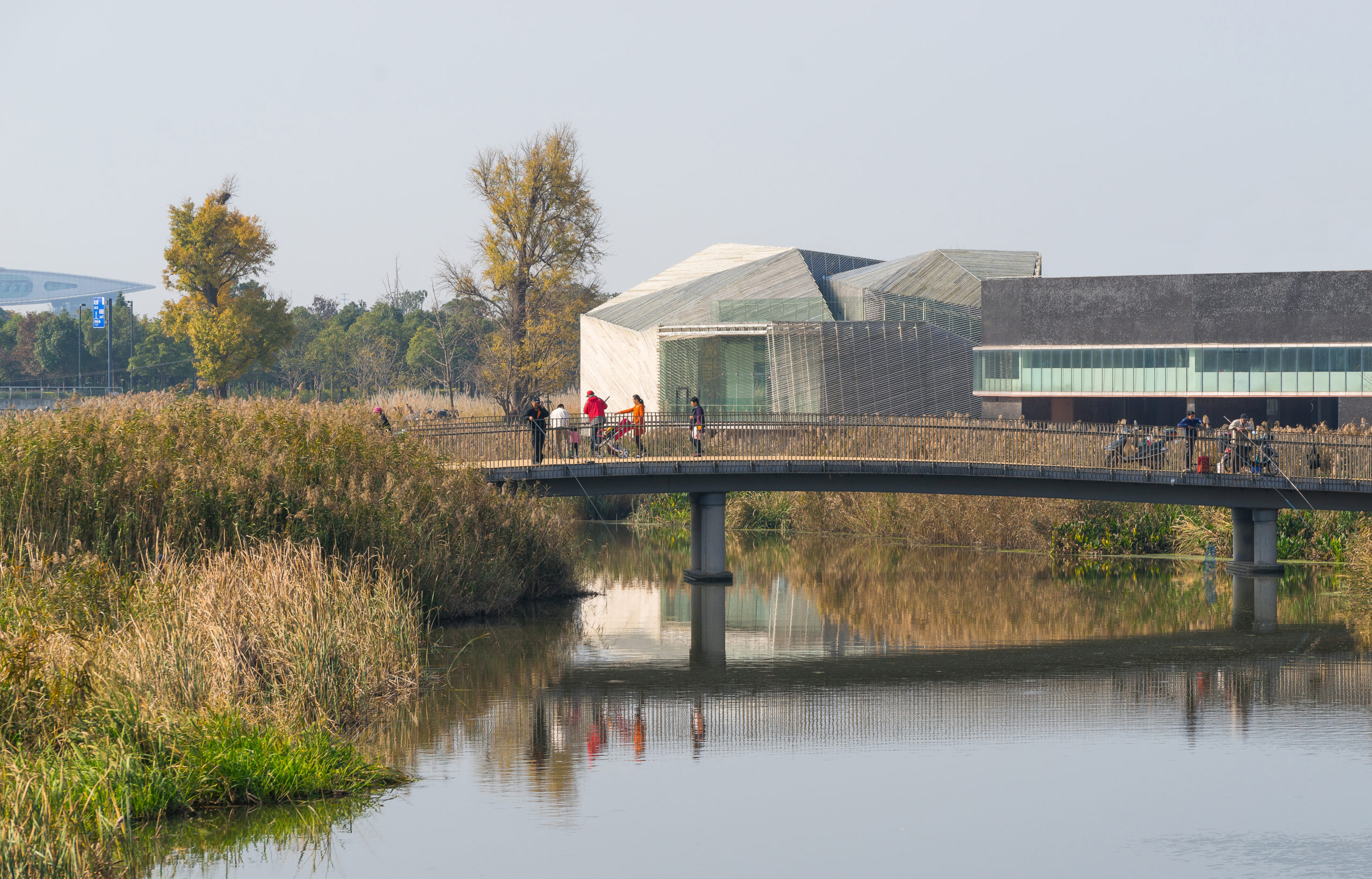
While ecology and resilience are among the most salient topics in contemporary landscape architecture, their inherent relationship and differences have deep implications on practice

How do Sasaki’s ecologists use their blend of landscape architecture and ecology schooling and expertise to influence design decision-making?
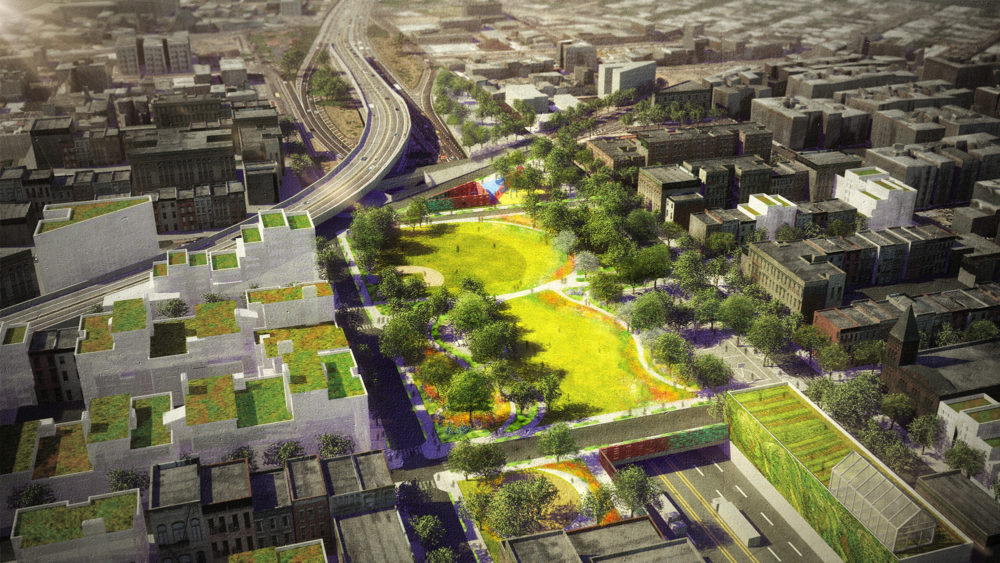
Reconnecting divided neighborhoods and mitigating the negative environmental, economic, and social impacts of an urban highway artery
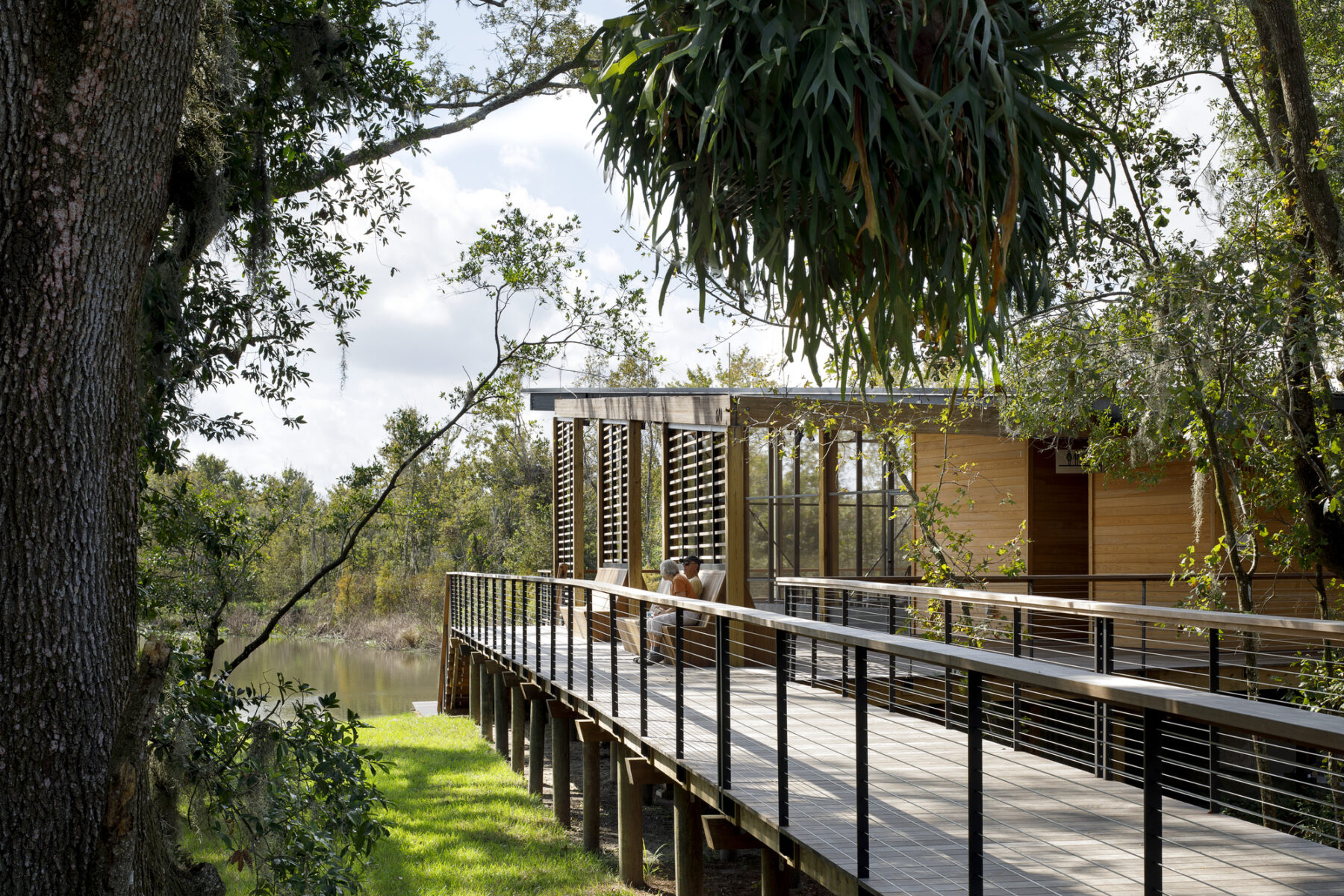
Overlooking Lake Bonnet and shrouded by live oaks rests a brand new destination to explore Florida’s ecology and be immersed in the landscape
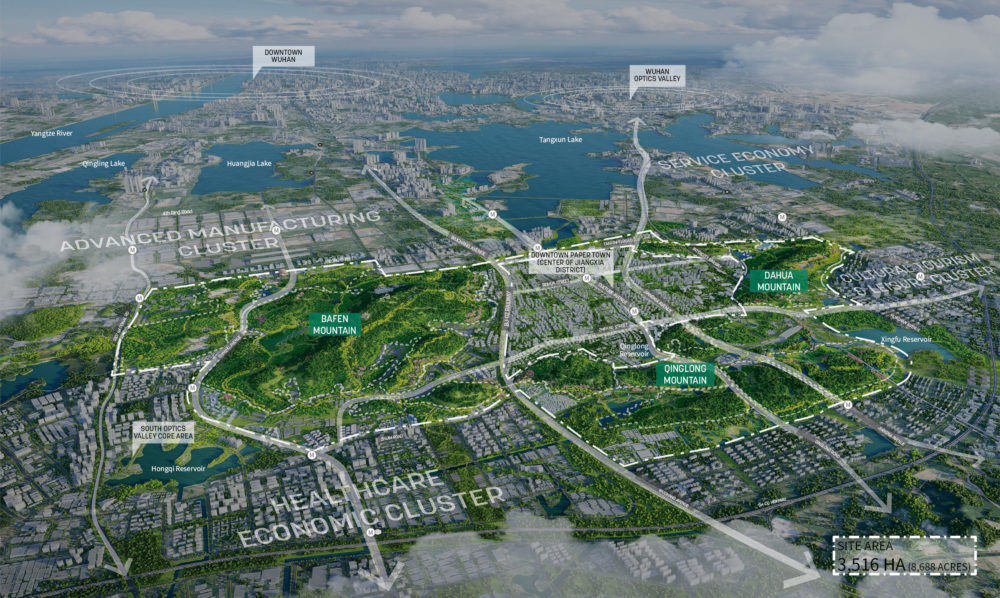
A roadmap for ecological restoration and cultural rediscovery
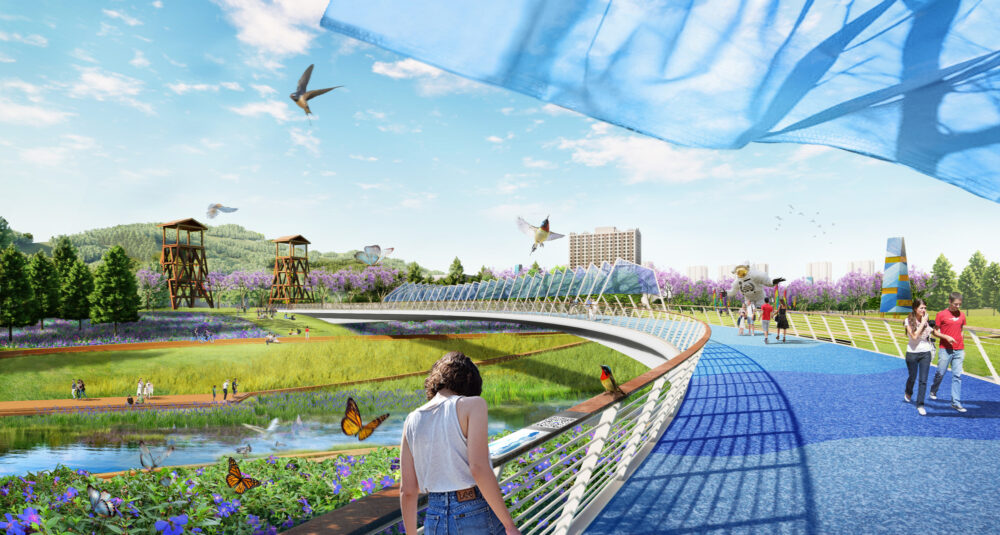
Introducing a riverfront corridor that is ecologically valuable, culturally memorable, and economically viable
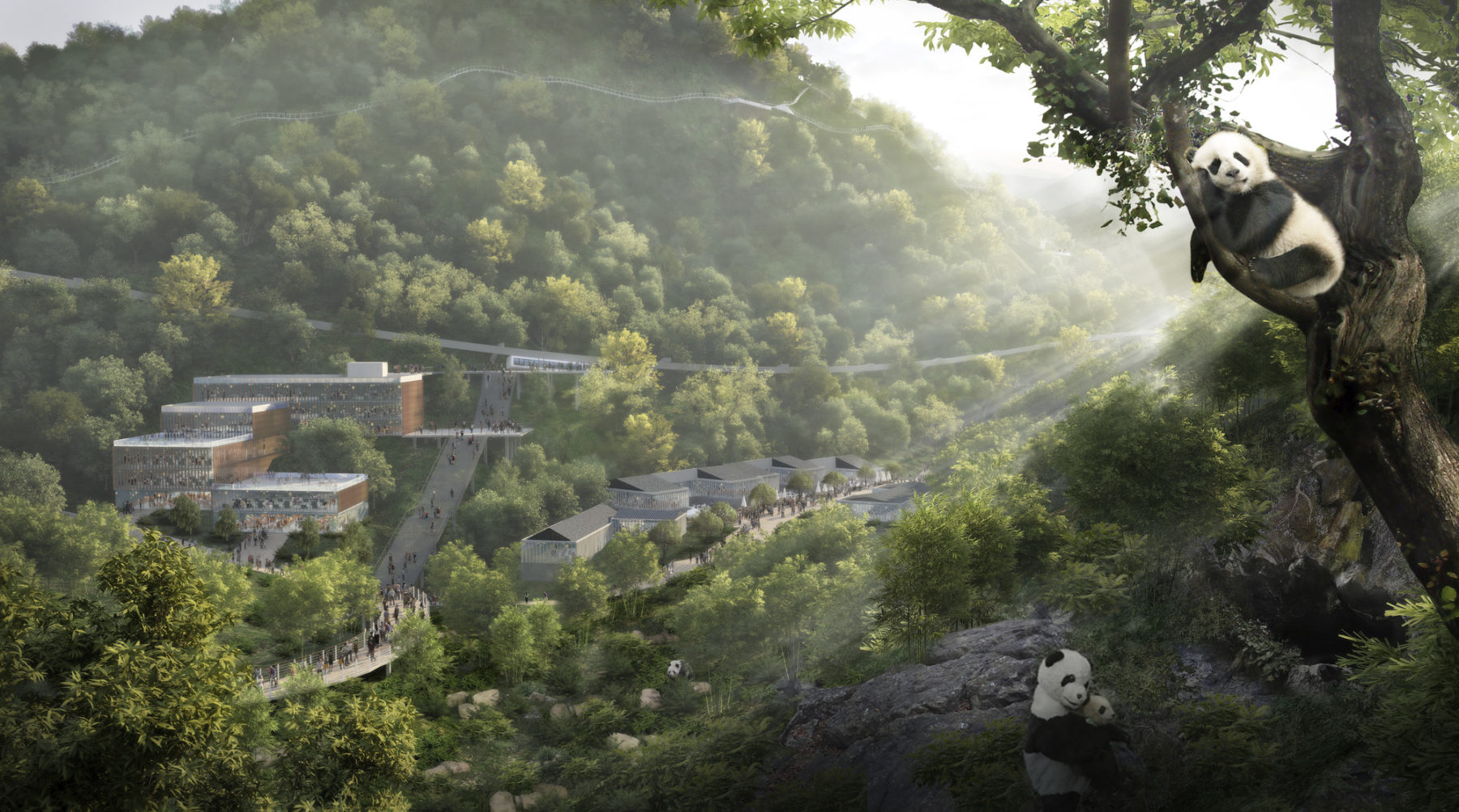
Part two of Michael Grove's four-part-series exploring landscape architects' role in counteracting climate crises
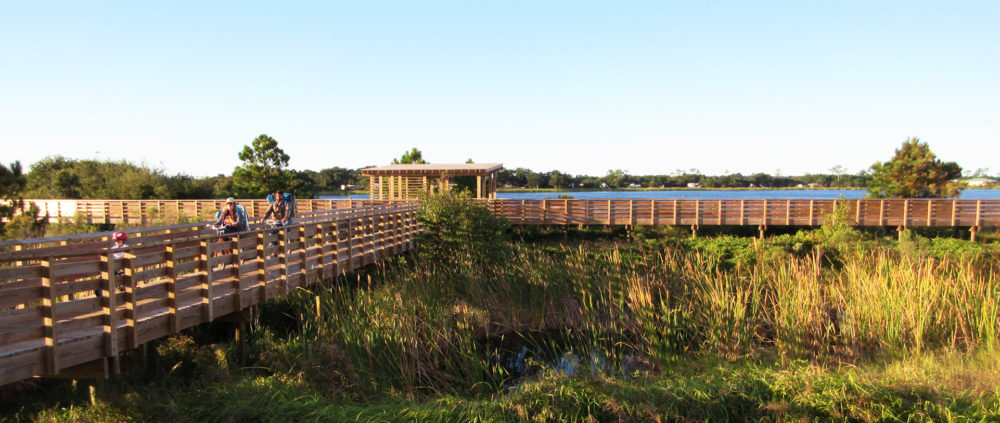
Economic resilience and ecological restoration fell hand-in-hand—the success of one goal relied on the success of the other at Gulf State Park
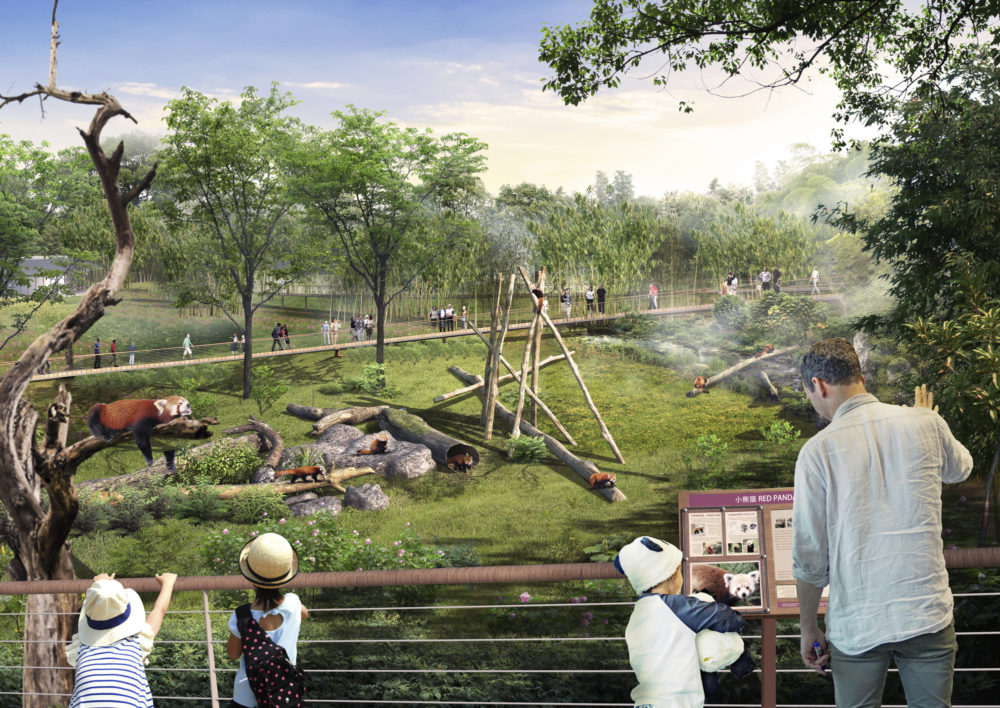
Our environment benefits the most when these two disciplines are in conversation
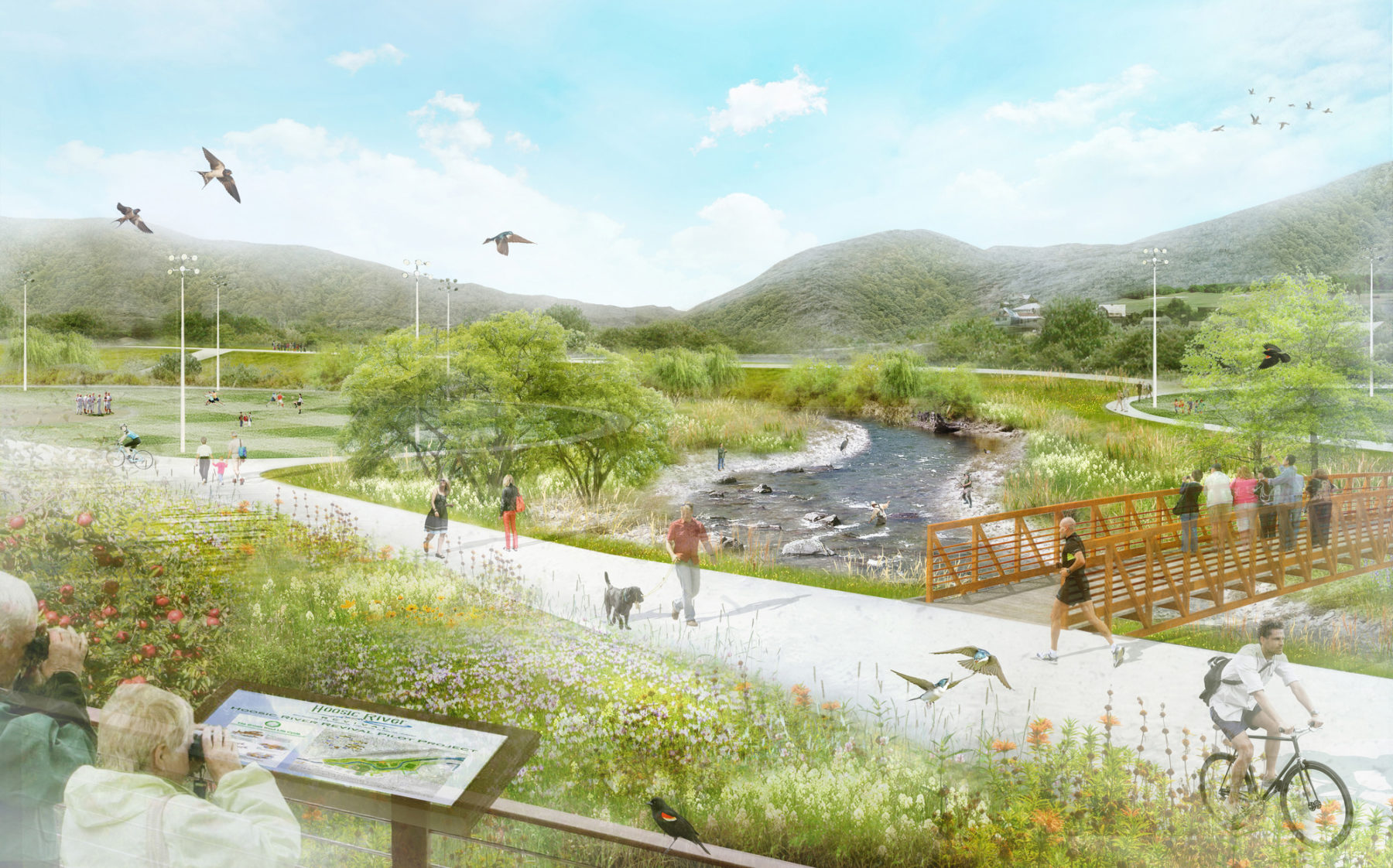
Allowing nature to inform design while reestablishing the river's connection to its historic floodplain
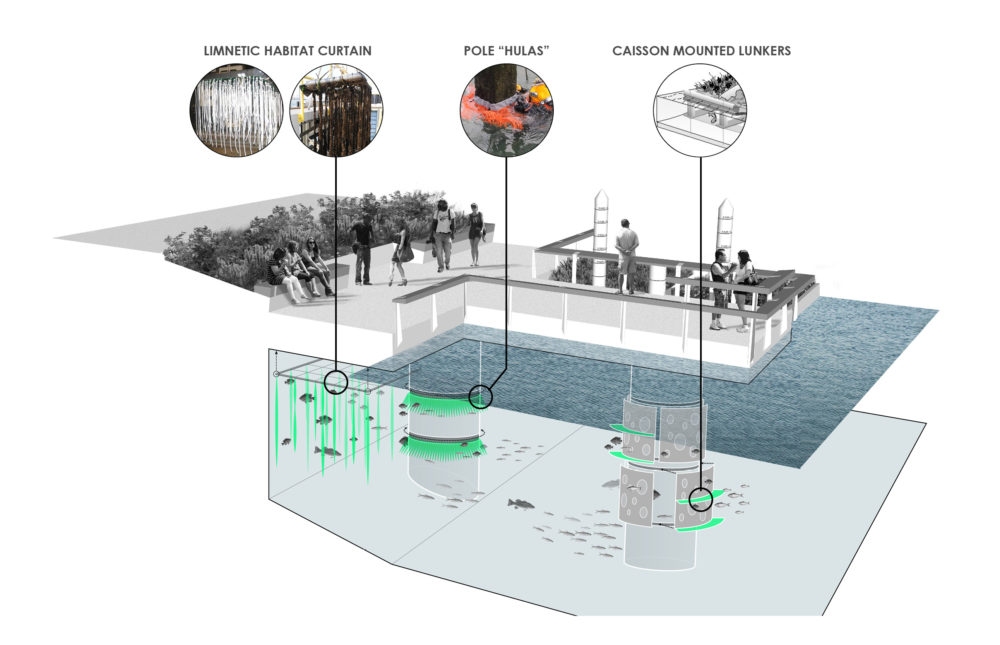
Designed as a floating wetland, the Chicago Riverwalk's Jetty will provide a healthy habitat for the river's diverse native fish population, as well as educational and recreational opportunities for visitors to observe and interact with the aquatic ecosystem.
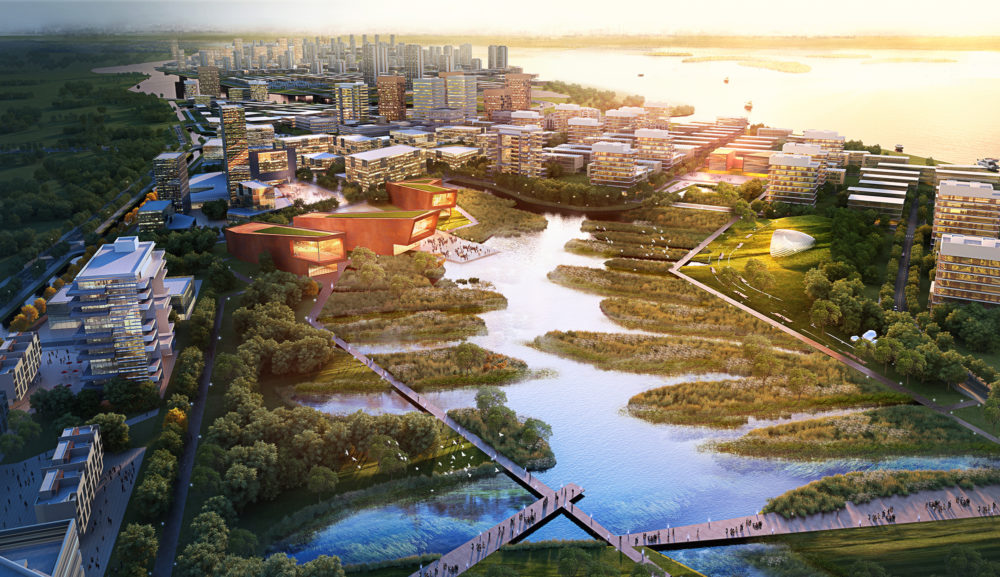
Despite being widely criticized for its environmental impacts, the trend of coastal land reclamation is still prevalent in many regions around the world, especially in developing countries
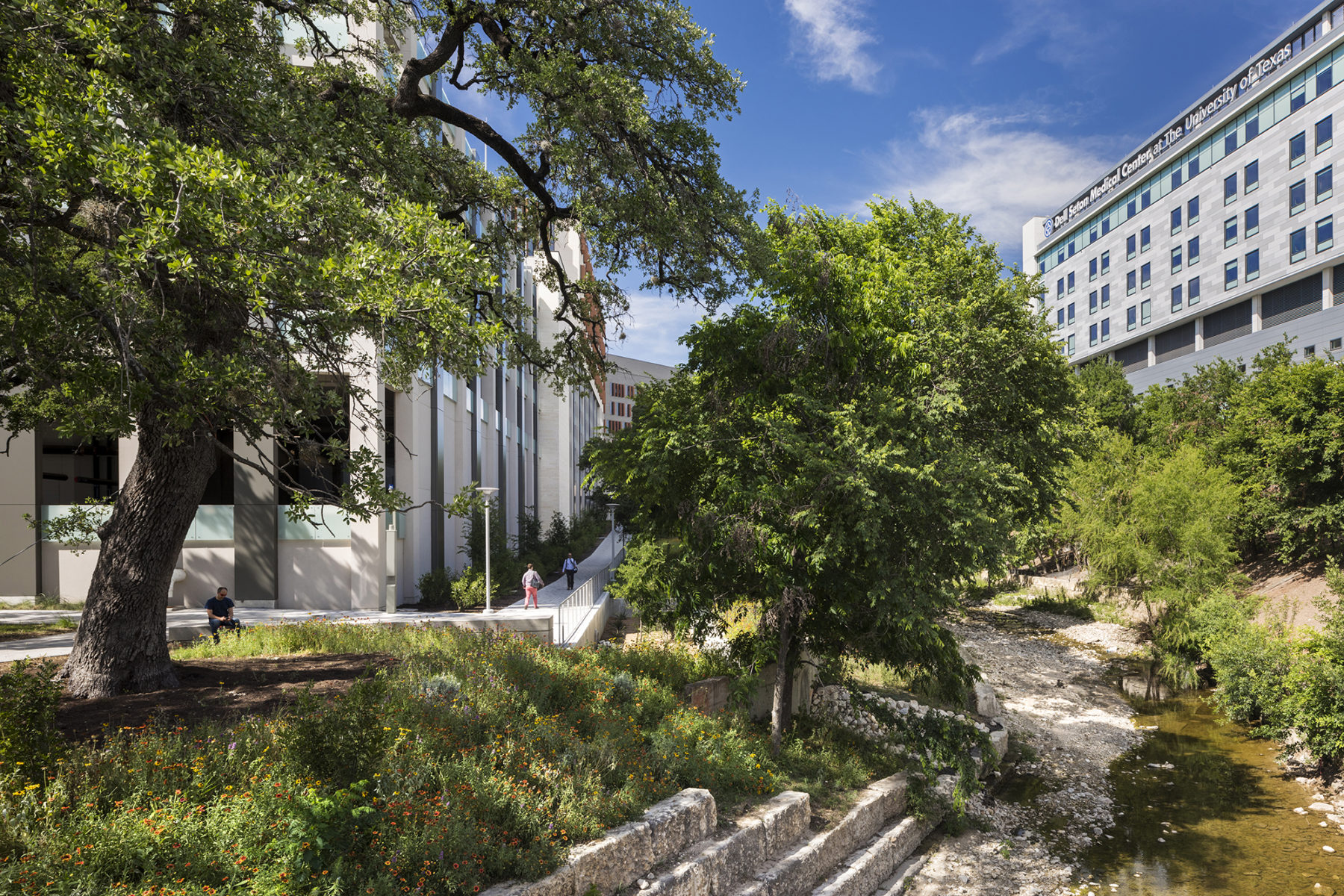
A SITES Gold landscape project sets a new standard for sustainable site development at UT Austin that unites people and the environment in improving health